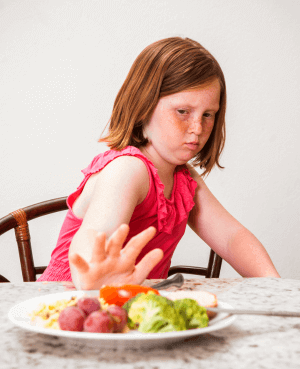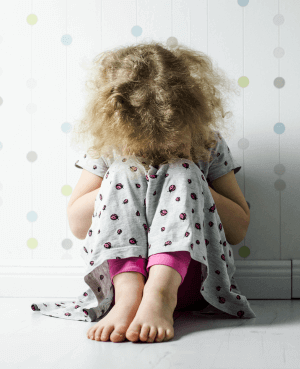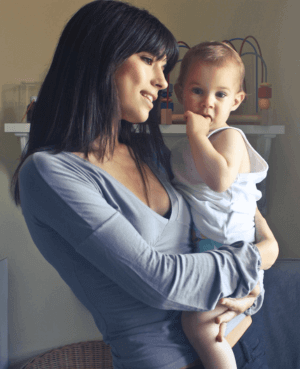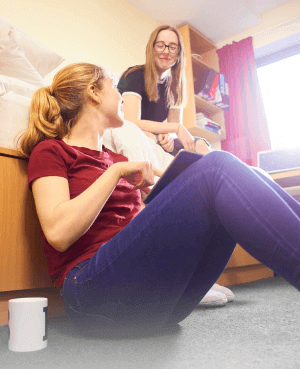Welcome to
the blog!
Reduce stress around mealtimes and help your child be more flexible with what they eat! Joining me today is Dr. Yaara Shimshoni, a clinical psychologist and a clinical assistant professor at the Yale School of Medicine, Child Study Center.
read the full post ⟶

featured post

Supporting your child with their anxiety and fears, and what to look out for to alert you that it may be time to seek guidance from a mental health provider.
keep reading ⟶

Uncover proven techniques to manage anxiety, guilt, and overwhelming emotions, empowering you to parent with confidence. 👩👧 Joining me this week is Dr. Ilyse Dobrow DiMarco. Ilyse is the Founder/Director of the North Jersey Center for Anxiety and Stress Management and the author of Mom Brain: Proven Strategies to Fight the Anxiety, Guilt, and Overwhelming Emotions of Motherhood—and Relax into Your New Self.
keep reading ⟶

Worried about your college freshman’s adjustment? We’re sharing advice on how parents can find the perfect balance between supporting your child while still allowing them their own independence during this big transition.